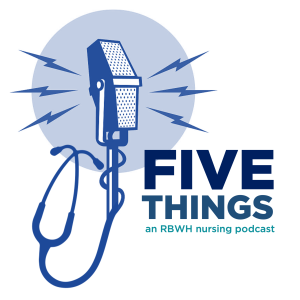
When it comes to compassion, one size does not fit all.
In this first episode in a series inspired by the Metro North Health Compassionate Care Principles we zoom in on Culturally Informed Compassion with Roslyn Boland, Director of Aboriginal and Torres Strait Islander Health at RBWH.
Rosyln identifies as an Aboriginal woman of the Mardigan and Kooma peoples and we acknowledge the examples we discuss in this podcast are a composite of her lived experience and of the many stories she holds from communities and families she has engaged with in her work as a health care worker, liaison officer, nurse and healthcare leader.
Roslyn's five things:
- Compassion for our Aboriginal and/or Torres Strait Islanders population is the same for everyone else. We need to remain aware of cultural sensitivities
- Be aware and connected to the additional needs of our indigenous peoples, don’t make assumptions ask every time. Involve our Aboriginal and/or Torres Strait Islander workforce early.
- When working with Aboriginal and/or Torres Strait Islanders peoples it is important to remember that compassion has to extend and begin with the patient in the context of their family, friends and community. Keeping the family/friends/community engaged, involved, communicated with is part of compassionate care.
- Compassion is felt and experienced by others, it is not something ‘done’ to others. We have to be relational, recognise that all individuals are different and we discover those needs by connection, questions and listening.
- Compassion also has to be found in the system. Be an advocate for our Aboriginal and/or Torres Strait Islanders patients, families, communities, colleagues and peers
Version: 20241125
No comments yet. Be the first to say something!